All those Catholic doctrines get in the way of a simple faith in Jesus.
The Bible says, "The truth will set you free" (John 8:32). If the truth sets us free, then error enslaves us. The Church's doctrines keep us from believing error about Jesus so that we can be free to follow Him. If someone loves Jesus, but believes something false about Him, then he is not yet as free as Jesus wishes Him to be.
The Catholic Church should sell all that gold and marble, and give the money to the poor.
The disciples said the same thing to Jesus when the woman came and poured an expensive jar of perfume over Him. But He said to them, "Why do you make trouble for the woman? She has done a good thing for me" (Matt. 26:10). The people who have donated gold and marble to the Church over the centuries have done so out of a desire to do "a good thing" for Jesus.
Christians only disagree on things that don't really matter.
Baptism is important, isn't it? Jesus said in Mark 16:16, "He who believes and is baptized will be saved," yet the different denominations disagree on what Baptism is and how it should be done. Jesus prayed that His followers would be one, even as He and the Father are one (John 17:21). Can you ever imagine Jesus disagreeing with the Father on Baptism?
Didn’t the Church become apostate after the death of the Apostles.
The Church which Jesus built never fell and never will fall because it has His divine protection. In Matthew 16:18, Jesus promised to build His Church on Simon, whom He renamed "Peter" or "Rock"; that "the gates of hell would not prevail against it." If, on the other hand, Jesus built a Church that fell, then He is like the foolish builder in the parable, who built his house on sand instead of rock (cf. Matt. 7:26-27).
The Church is the invisible body of believers throughout the world.
There are currently tens of thousands of Christian denominations who claim to follow the Bible, yet disagree on its teachings. First Timothy 3:15 says, "The Church ... is the pillar and foundation of the truth." How can tens of thousands of groups that disagree with one another about the Bible be called "the pillar and foundation of the truth"?
The Emperor Constantine started the Catholic Church.
No, Jesus Christ started the Catholic Church in 33 A.D. If it was started by Constantine, why then do we find Catholic teachings in historical Christian writings centuries before he was born (e.g., Ignatius of Antioch, Justin the Martyr, Irenaeus of Lyons, etc.)?
Read more about the Church in the Catechism of the Catholic Church.
How can the Catholic Church be holy when it was involved with the Crusades and the Inquisition?
The Church is holy because Jesus, her founder, is holy. But the people in the Church have not always followed Jesus faithfully. It is also true that there are many misconceptions about the Church's history. The Crusades were called in self-defense, to protect Christians who were being killed by Muslims in the Holy Land. Also, the facts about the Inquisition have been exaggerated by the "Black Legend," a propaganda campaign against Spain by English Protestants in the 16th century.
Why do Catholics call the Church holy when its leaders are sinners?
I know of a Church leader who arranged to have a man murdered so that he could steal his wife. This was King David in the Bible (cf. 2 Sam. 11). What's more, David's son, Solomon, had seven hundred wives and three hundred concubines, and even committed idolatry (cf. 1 Kgs. 11). Yet, in spite of their sinfulness, David and Solomon remained the ordained leaders of God's people.
Why do Catholics follow the Church instead of letting the Holy Spirit teach them?
The Holy Spirit guides us through the Church. In Galatians 2:2, for instance, Paul says that even after fourteen years of preaching he was guided "by revelation" to go to the Apostles in Jerusalem to have them verify the gospel he had been preaching was correct (cf. 2 Pet. 1:20-21).
Why do Catholics follow the Church's teaching authority when the Bible says in First John 2:27 that we have no need for anyone to teach us since the Holy Spirit abides in us?
John was specifically referring to the Gnostics, who were leading Christians astray with false teachings. We know that he approved of human teachers with apostolic authority, however, for in the same letter he says, "Whoever knows God listens to us, and he who is not of God does not listen to us" (1 John 4:6).
Why do Catholics worship on Sunday when the Bible says Saturday is the Sabbath?
Christians changed the Sabbath from Saturday to Sunday, the Lord's Day, because this is the day that Jesus rose from the dead. Acts 20:7 says, "On the first day of the week ... we gathered to break bread."
